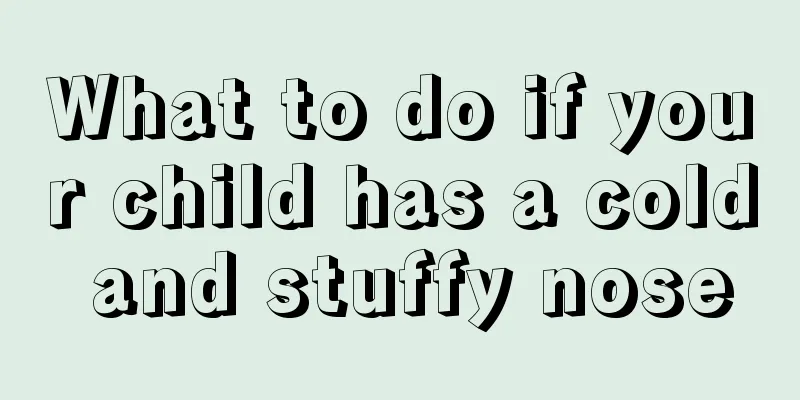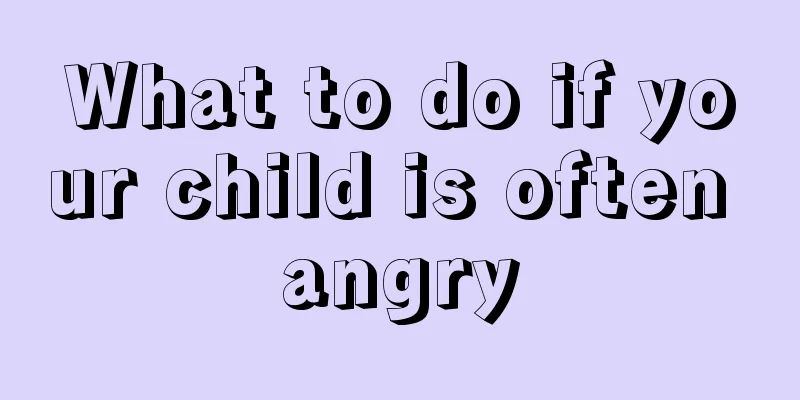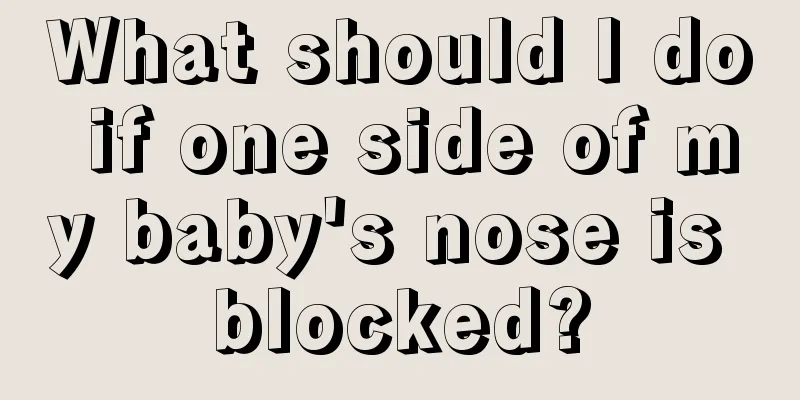Can deciduous teeth be extracted?

|
Many children often like to eat sweets and do not pay attention to oral hygiene for a long time. They are likely to get cavities and affect the health of their teeth. In severe cases, there will be some pain, and the roots or crowns of the teeth will be damaged to varying degrees. Many parents want to reduce their children's pain by extracting teeth. Let’s learn about the circumstances under which deciduous teeth can be extracted. These situations must be alleviated 1. Due to long-term caries, the crowns and roots of deciduous teeth have been severely damaged and often inflamed. They cannot be repaired and are not worth keeping. 2. If the root of the deciduous teeth suffers from apical periodontitis in a large area, it will affect the development of permanent teeth, causing discoloration of the permanent teeth that will be replaced in the future, affecting the appearance of the teeth. 3. The root canal of the deciduous tooth is infected, causing more than 1/3 of the root tissue of the deciduous tooth to be naturally absorbed. 4. The roots of the deciduous teeth are infected and are pushed by the force of the permanent teeth that are about to erupt, causing the root tips to be exposed outside the gums. 5. The permanent teeth have already erupted or are about to erupt, but the deciduous teeth in the original position remain "in place". 6. If the deciduous teeth are broken or partially dislocated due to trauma and the child is too young to cooperate with the treatment, they must be extracted. 7. If you suffer from rheumatoid arthritis, arachnoiditis, nephritis and other diseases, and suspect that certain diseased teeth will aggravate the symptoms of these diseases, the diseased teeth must be extracted. These situations will be temporarily suspended If deciduous teeth have to be extracted, they should be removed as soon as possible, but there are also contraindications to removing deciduous teeth: 1. Patients with blood diseases such as anemia, thrombocytopenia, leukemia, etc. should only have their deciduous teeth extracted after their condition stabilizes. 2. Patients with endocrine diseases such as adrenal cortex insufficiency, hyperthyroidism, diabetes, kidney disease, or cardiovascular diseases such as heart disease are prone to shock during tooth extraction and should consult with relevant doctors and understand their condition before taking any action. 3. Tooth extraction should be avoided during the acute infection period of the disease or when fever occurs. It should be performed after the inflammation is controlled. 4. If you suffer from acute gingivitis or oral mucosal diseases, you should postpone tooth extraction and wait until the inflammation subsides. If you find that your child has tooth decay, it is best to encourage your child to develop good oral hygiene habits. Brush your teeth on time every morning and evening. After eating, you should rinse your mouth with clean water in time to minimize the bacteria in the mouth. In addition, try to control your children's intake of sweets, which is also very beneficial for preventing tooth decay. |
<<: What should I do if my child stays in bed in the morning?
>>: Treatment of cough and vomiting in two-year-old baby
Recommend
What should I do if my child falls on his head and gets a big bump?
We all know that children are lively and active b...
What to do if your child keeps yawning?
Children usually have some of the same reactions ...
The best age for children to take growth hormone
It is best to give children growth hormone inject...
What to do if your 3-year-old child has a runny nose
The most common symptom in children is runny nose...
What should I do if my child coughs badly while sleeping at night?
Children's illness is the most troublesome th...
What to do if a 7-year-old child has a nosebleed
Some children have nosebleeds, so they need to pa...
Why does a baby not cry when it is born?
Usually in TV dramas, when a woman is giving birt...
Causes of blisters on baby's face
In this season of spring, people always feel that...
What to eat for constipation in 3-year-old children?
Most girls will encounter constipation in their l...
Reasons for diarrhea in babies over three months old
Generally speaking, for babies who are exclusivel...
What should I do if my baby cries while taking a bath?
Every mother knows that sometimes children are pa...
What to do if the child does not grow taller
Parents all hope that their children are tall so ...
My baby hasn't been eating much lately. What's going on?
Every parent will pay special attention to their ...
What to do with a spoiled child
Parental education is very important to the devel...
What to do if the newborn eats too much
For expectant mothers and fathers, how to take ca...









